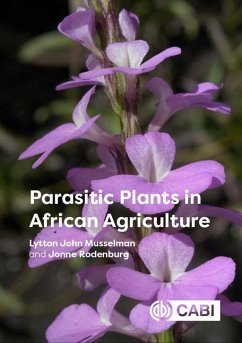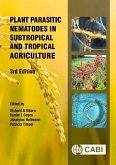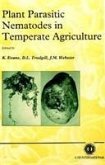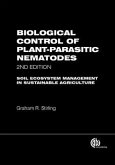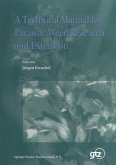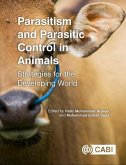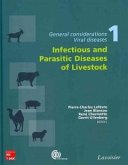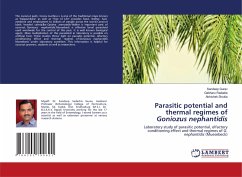Parasitic Plants in African Agriculture brings together for the first time in a single volume, the ecology, biology, damage, and control of all groups of African parasitic plants including both the relatively few parasites introduced to the continent as well as those native parasites that have spread from within Africa. The book distinguishes between stem and root parasitic weeds and between holoparasites and (facultative or obligate) hemiparasites. Based on their research and experience collectively spanning six decades, the authors provide an authoritative and state-of-the-art overview of the distribution, biology and impact of these highly specialized weeds and include recommendations for their management. Since parasitic plants in African agriculture primarily affect smallholder farmers, these weeds are explicitly discussed within a context of resource limitations and global changes. Current and future management strategies are outlined in terms of their principles and effectiveness as well as their feasibility and affordability for farmers, all of which determine farmer adoption.

